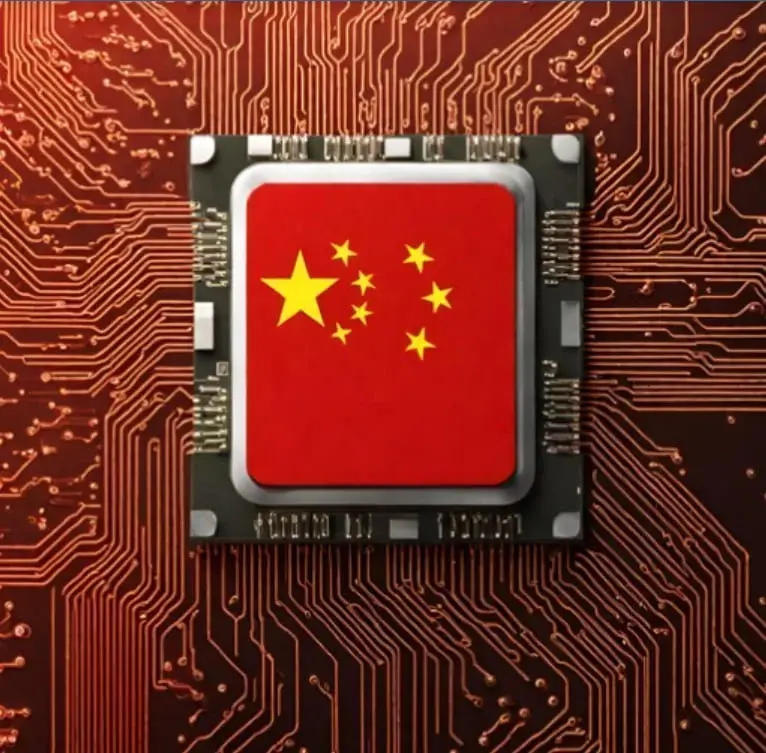To navigate potential US sanctions on China’s chip industry, Chinese semiconductor design companies are forging collaborations with Malaysian chip packaging firms for the assembly of high-end graphics processing units (GPUs). This shift in focus towards assembly aims to circumvent the mounting restrictions imposed by Washington on China’s access to advanced GPUs, impacting crucial sectors such as artificial intelligence, supercomputing, and military applications.
Chinese Chip Firms Seek Alternatives in Malaysia
Smaller Chinese semiconductor design firms have encountered challenges in securing advanced packaging services domestically, prompting them to seek alternatives. Malaysia, a significant player in the global semiconductor supply chain, has emerged as an appealing destination for Chinese chip firms. Unisem, majority-owned by China’s Huatian Technology, and other Malaysian chip packaging companies have reported increased business and inquiries from their Chinese counterparts.
Chinese Interest in Malaysia
The factors driving Chinese interest in Malaysia include the positive perception of Malaysia’s relationship with China, affordability, a skilled workforce, and access to sophisticated equipment. Unisem Chairman John Chia emphasized that the business dealings are legitimate and compliant, despite concerns over potential reactions from the US. Notably, Unisem’s customer base in Malaysia is predominantly from the United States.
Malaysia’s Ambitions in the Global Market
Malaysia currently contributes 13% to the global market for semiconductor packaging, assembly, and testing, with ambitions to increase this share to 15% by 2030. Chinese chip firms, including Xfusion and StarFive, are actively planning expansions in Malaysia, joining the ranks of global giants like Infineon and Intel, which have already made multibillion-dollar chip investments in the country.
Alternative Manufacturing Services in Vietnam and India
Amid the global semiconductor landscape’s evolving dynamics, other countries such as Vietnam and India are also positioning themselves as alternatives for chip manufacturing services. This trend reflects a broader industry shift where Chinese companies seek to assemble their chips outside China, mitigating geopolitical risks and gaining easier access to non-Chinese markets.
The Pursuit of Strategic Partnerships
As Malaysia continues to attract substantial investments in the chip industry, the collaboration between Chinese semiconductor design companies and Malaysian chip packaging firms underscores the industry’s adaptability and the pursuit of strategic partnerships in response to geopolitical uncertainties.


Leave a Reply